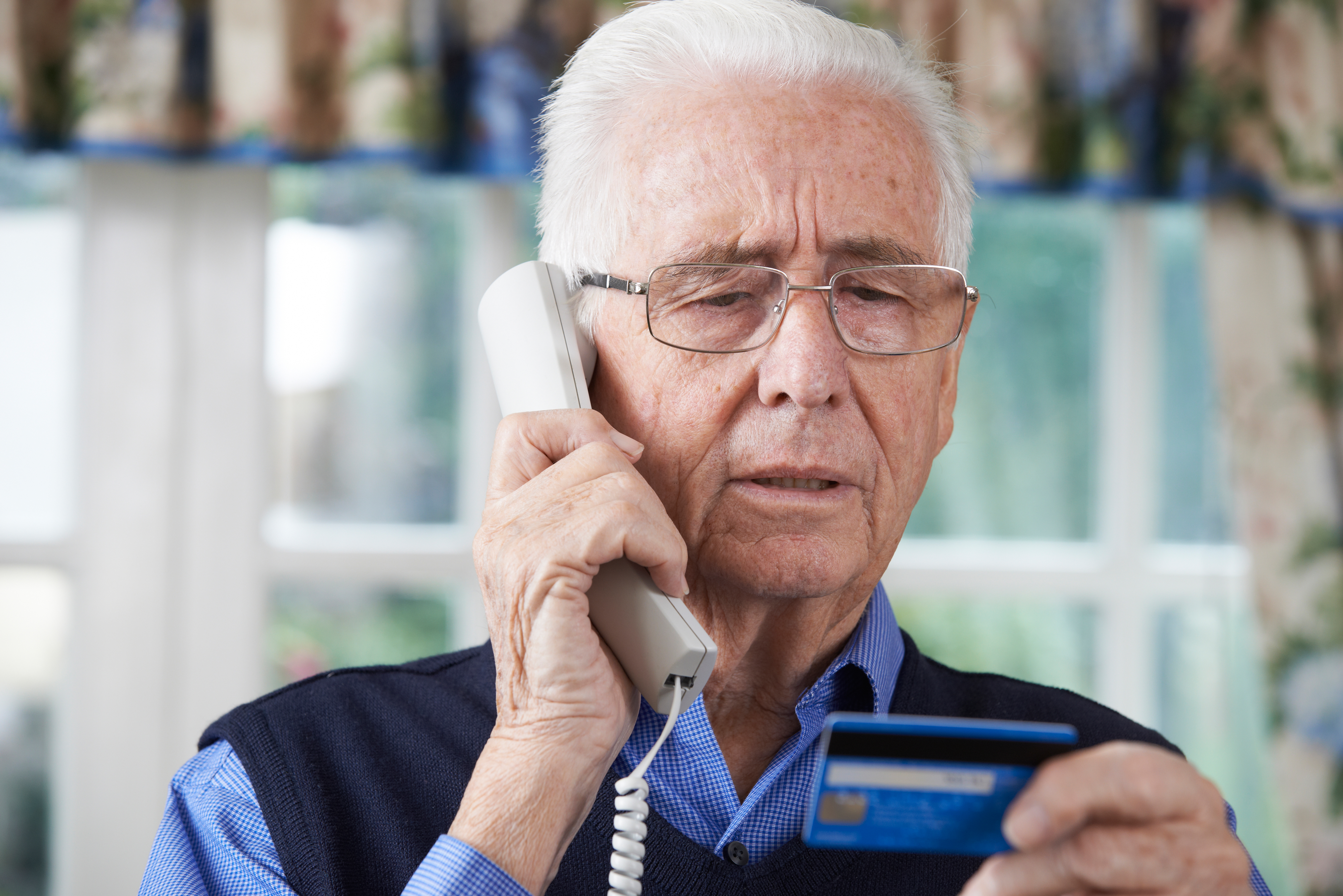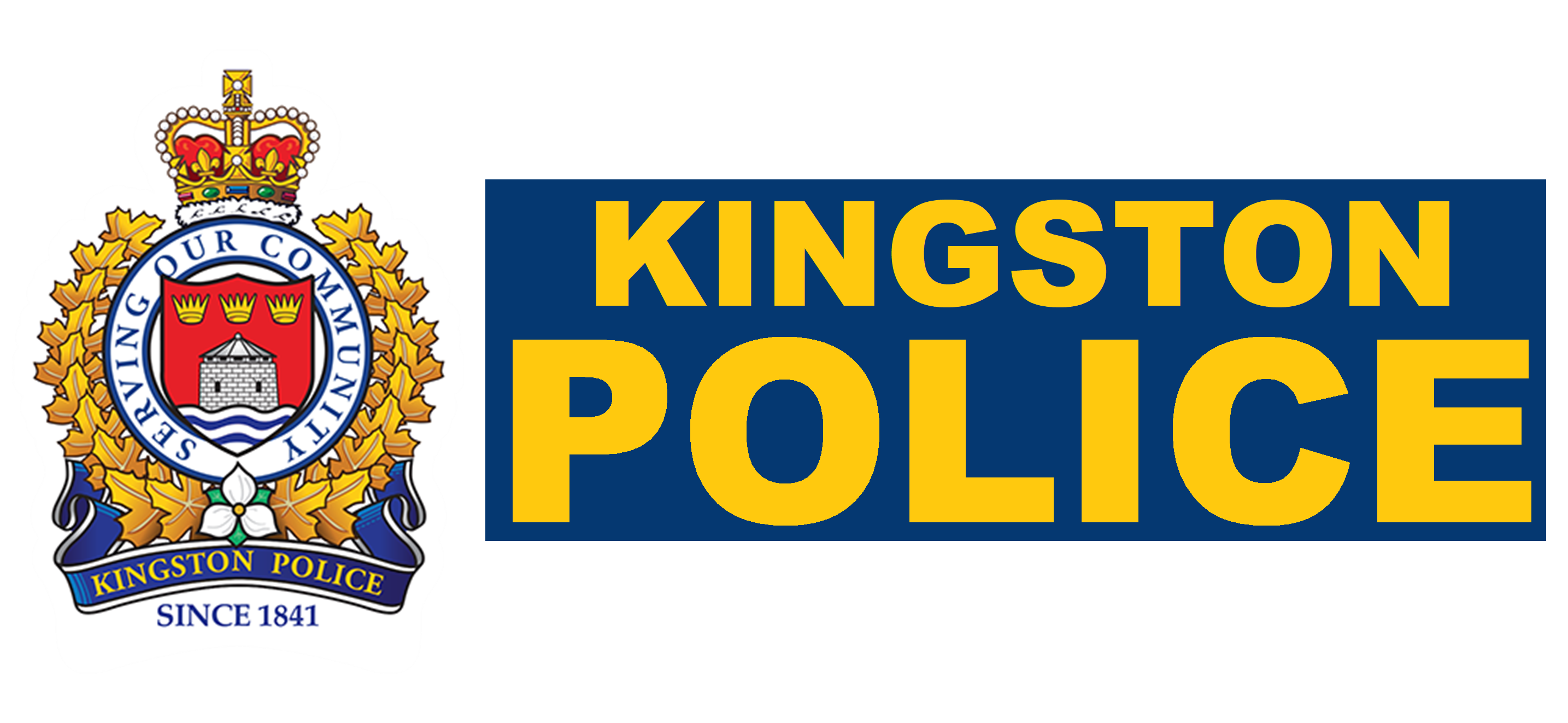CRA tax scams are very common and occur all year long, not just at tax time. The CRA will never request payment by money transfer services such as, iTunes gift cards, Paypal or Bitcoin. For more information see Canadian Anti-Fraud Centre page on Tax scams.
Frauds and Scams
Frauds and Scams come in many forms and from many different sources including by phone, mail, door to door, email, internet, to name a few.
Follow our Fraud Unit on X @kpfraudunit for information on common frauds, tips on how to recognize a fraud, advice on how to avoid becoming a victim, and more.
If you are a victim
If you are a victim and have provided personal information and/or you have lost money, you can report it online or by calling us at 613-549-4660.
If you simply wish to provide information about the fraudulent call, please submit a report to the Canadian Anti-Fraud Centre.

Common prevention tips
Do not feel pressured into providing any personal information to unsolicited contact through phone calls, text messages, emails, door-to-door persons, and so on. You have the right to take your time to research and confirm their credibility.
Remember you can stop any fraud by hanging up, not replying to the email, shutting your door and not providing them with personal information.
Never feel forced into providing personal information about yourself which could lead to Identity Theft.
Call Kingston Police or your bank if you have questions or concerns and remember, if it sounds too good to be true it probably is.
Be wary
Be cautious of any person, business, or agency contacting you for an “urgent matter”, an "emergency", or a “legal issue”, that immediately requires your information or payment of some sort. Fraudsters are often successful because they create a sense of urgency and get you to react before thinking. Again, you have the right to take time to research and confirm if they are legitimate.
Don’t pay in iTunes gift cards or bitcoin
Be very cautious of any so-called official person, government agency, business or organization that requests payment in iTunes gift cards or bitcoin. These types of payments are almost always used by fraudsters as they are nearly impossible to trace or recover. No Government or law enforcement agency will ever ask you for payment and/or donations over email.
Don’t feel pressured
If you are contacted by someone seeking a donation for charity and you are unsure if they and/or the charity is legitimate, do not be pressured into making a donation for some “urgent” cause. Legitimate charities in Canada are registered by the Canada Revenue Agency. You can search the Canadian Governments list of charities. If the charity is well known, but you are unsure of the person seeking the donation, obtain the charity contact information from the phone book or online and then call to confirm the person is legitimate.
Be cautious of telephone solicitors
Do not trust Caller ID. Scammers can use Caller ID Spoofing to make their number look like any phone number including Government agencies, police departments, well-known businesses, and so on.
A sample of common scams
Canada revenue agency (CRA) scam
A seller lists a product for sale on Kijiji, or similar resale website. The victim agrees to buy the product, and money is sent via e-transfer to the seller in advance of receiving anything. We recommend meeting sellers in person in high visibility public areas. The common things sold in these scams are pets and event tickets for concerts, sporting events, etc.
Cheque frauds and lottery win scams
These scams often begin as a notification of lottery win. The victim receives a cheque in the mail, which is usually written in their name. The victim is asked to deposit the cheque to their own bank account, and to send the majority of the dollar amount to someone else, usually via wire transfer, Money Gram or Western Union. The fraudster offers to let the victim keep a portion of the cheque for their trouble. Before the cheque bounces, the victim has sent the money and is now on the hook for the full amount.
The victim receives an alert on their computer screen saying that their files have been compromised, or their files are at risk. The victim is instructed to call a phone number to have a Microsoft technician help. The victim is told to send money for the service, and is usually instructed to be given remote access to the victim’s computer. This poses an additional danger, as the suspect may be able to access files, account names, and/or passwords.
